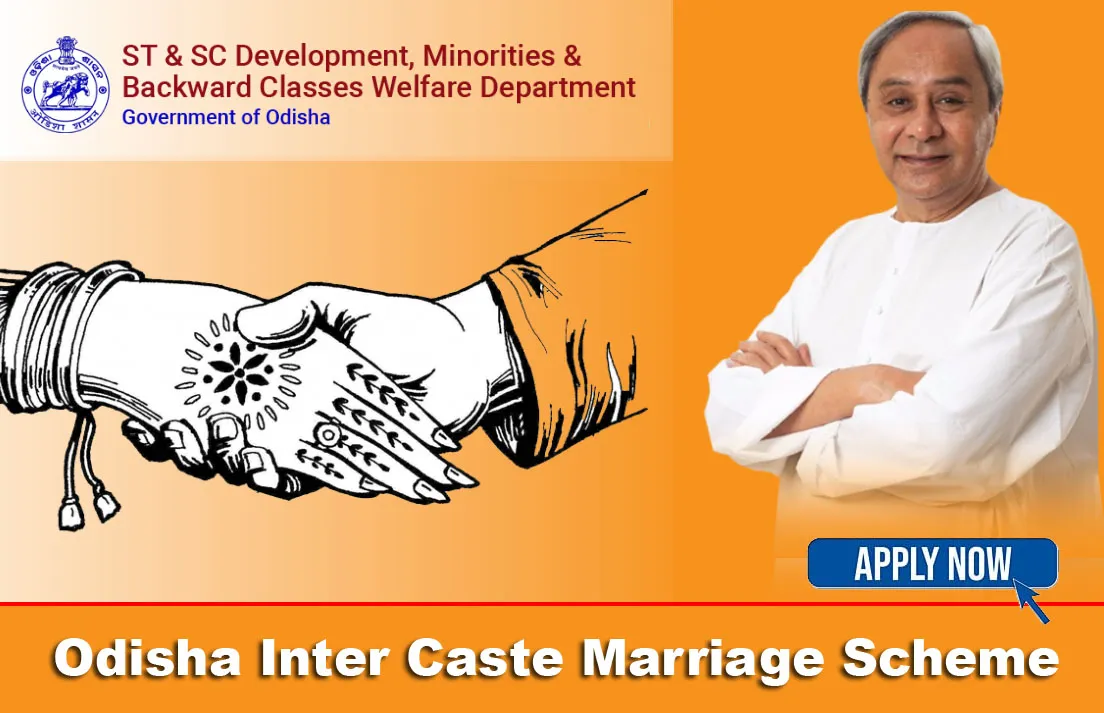Are You Looking for a Life Partner at Matrimonial Site? Be Cautious
With advent of digital technology, online matrimonial platforms have emerged as a popular way of finding a suitable match. Matrimonial websites provide a convenient and user-friendly interface for youth and parents to search, interact and choose a suitable partner.
However, unreliable websites may lead to fraud. Matrimonial website scams typically involve fraudulent activities on online platforms that connect individuals seeking marriage or long-term relationships. These scams can take various forms, but they often involve deceitful practices aimed at exploiting people emotionally and financially.

Here are some common elements of matrimonial website scams:
Fake Profiles:
Scammers create fake profiles, often using attractive photos and appealing descriptions, to lure unsuspecting individuals seeking companionship.
Romance Scams:
Scammers may engage in a fake online romance with victims, gaining their trust and affection. After establishing an emotional connection, they often fabricate stories about financial difficulties or emergencies to request money from the victims.
Financial Exploitation:
Some scammers use matrimonial websites to identify potential victims with substantial financial resources. Once a connection is established, they manipulate victims into providing financial assistance or making investments under false pretenses.
Identity Theft:
Scammers might steal personal information, including photos and details, from genuine profiles to create convincing fake identities. This can lead to various types of fraud, including financial fraud and harassment.
Phishing Scams:
Scammers may use fake matrimonial websites or emails to trick individuals into providing sensitive personal information, such as financial details or login credentials.
Involvement of Fake Matchmakers:
Scammers may pose as matchmakers or intermediaries, claiming to help individuals find suitable matches for a fee. In reality, they may exploit people financially without providing any legitimate matchmaking services.
If someone suspects they have encountered a matrimonial website scam, it is essential to report the incident to the platform’s administrators and, if applicable, to local law enforcement authorities.
To protect oneself from matrimonial website scams, individuals should:
1. Use Reputable Websites:
Choose well-established and reputable matrimonial websites with a history of prioritizing user safety and security. Before registering on a matrimonial website, check authenticity and reviews of the website. Talk to your friends and family to know about reliable websites. If possible, try to talk to people who might have found their life partners through online matrimonial platforms. The site must be a secure website.
2. Create new e-mail id for matrimonial websites:
Create new e-mail id for registering on matrimonial websites. Preferably, use e-mail as a source of communication and do not share your personal data namely, photo, phone number, house address, etc. on matrimonial websites.
3. Verify Profiles:
Be cautious of profiles that seem too good to be true. Use reverse image searches to check the authenticity of profile pictures. Be more cautious while dealing with NRI profiles on matrimonial websites. Commit to marriage only after face-to-face meetings, especially the prospective match’s parents/ relatives and validating any documents related to their address and employment abroad.
4. Protect Personal Information:
While chatting on matrimonial website, avoid talking to a person, if he/ she pressurizes you to reveal your personal information. Avoid sharing sensitive personal information, such as financial details, home address, numbers, email ID, or other confidential data, with someone you’ve just met online, until you are completely sure and have done a thorough background check.
5. Never share your sensitive personal photographs:
Do not share your sensitive personal pictures while chatting with anybody you have met through matrimonial website. These pictures can be used by the potential fraudster to blackmail you and defraud. These images may be leaked on internet as well.
6. Always meet in public place:
Always choose to meet the prospective match in a public place as you don’t know what kind of person he or she might be. Also, keep your family and friends informed about the meeting.
7. Avoid Sending Money:
Never send money to someone you’ve met online, especially if the relationship has developed quickly, and be skeptical of financial requests. Do not transfer funds or offer financial help to the prospective match. The moment someone asks you for money citing some reason or the other, you should become cautious and avoid any further communication with him/her without background checks.
8. Always keep your family informed:
Share information about the prospective match with your family. Your family should be aware of the information shared, if any, by you with the prospective match found on matrimonial website.
How to detect fraudsters on matrimonial websites?
In case of any of the following, please be careful:
1. If a person is reluctant to come on video chat or to meet in person, he/she can be a fraudster as the profile picture posted on matrimonial website may not be of his/ her.
2. A fraudster may express his/ her love in just a short span of acquaintance.
3. Fraudsters will usually call from multiple numbers. He/ She usually don’t give a number to call back. Even if he/ she give a number, they don’t pick up when you call. Later, he/ she calls you back from a new number.
4. A Fraudster may not have a social media profile or have few friends on social media.
5. If a person enquires about your financial status at initial stage of interaction.












 Previous Post
Previous Post Next Post
Next Post